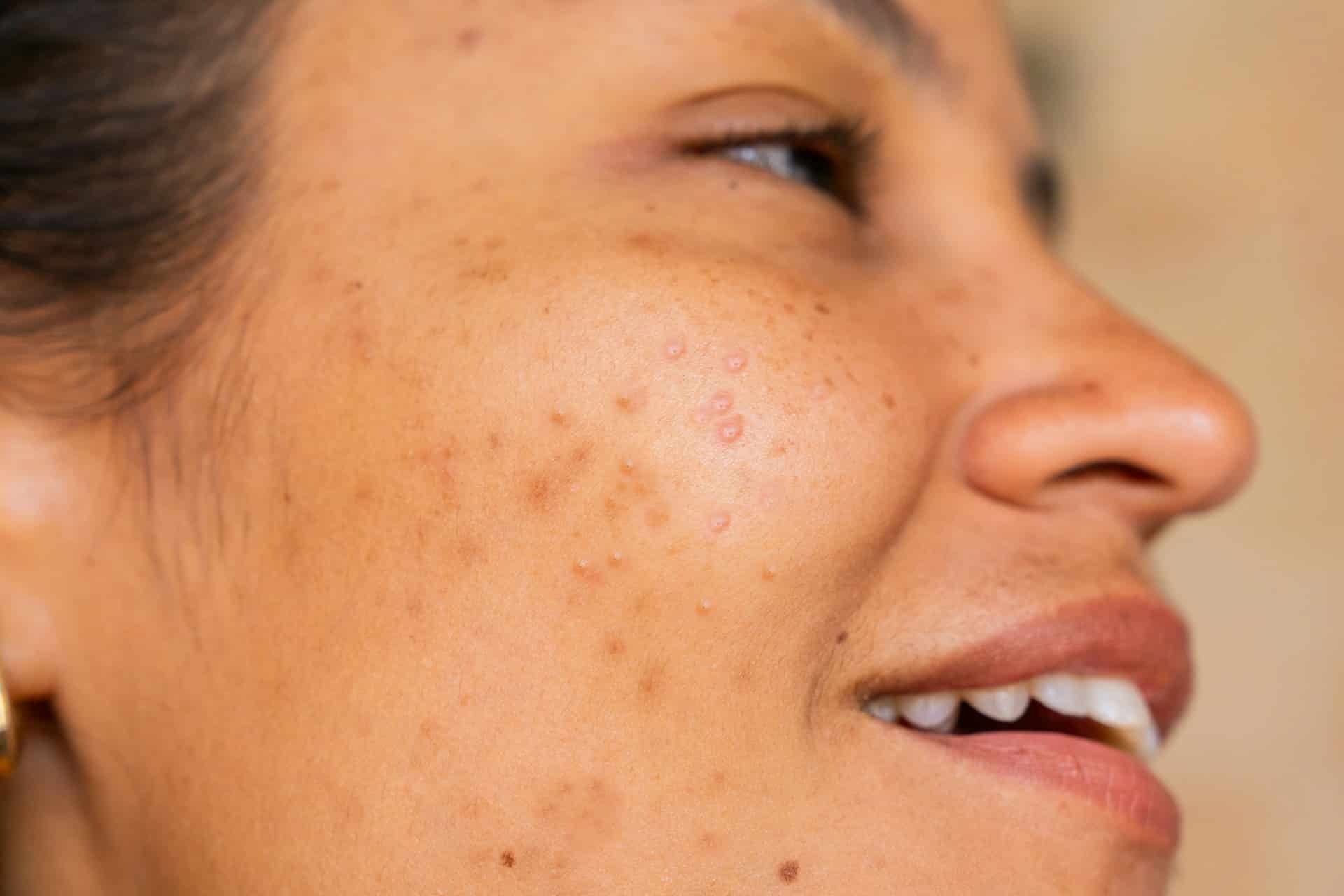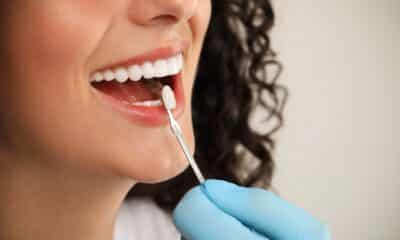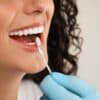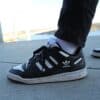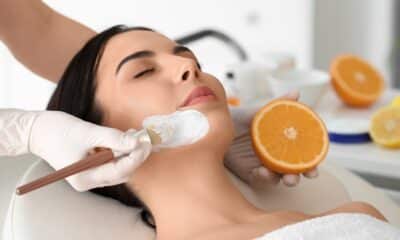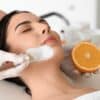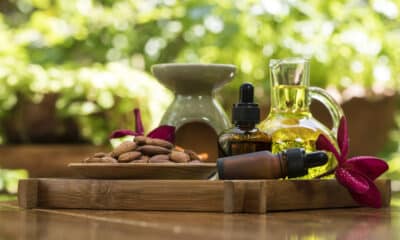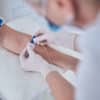Explore Holistic Strategies For Clearer Acne-Free Complexion
Acne is one of those skin conditions that can sneak up on anyone at any age, turning clear skin into a battlefield of spots, blackheads, whiteheads, or even painful cysts. While it’s easy to focus solely on topical creams and washes to treat the surface, many are left feeling frustrated when those solutions don’t yield lasting results. That’s where a holistic approach comes into play—one that looks beyond the skin itself and considers the myriad internal and external factors contributing to acne. This guide aims to help you navigate the complex world of acne management with practical insights.
Understanding Acne: It’s More Than Just Skin Deep
Acne begins when hair follicles get clogged with excess oil (or sebum) and dead skin cells. This blockage creates a cozy home for bacteria called Propionibacterium acnes (P. acnes), leading to inflammation and the familiar breakouts. But there’s much more to it than maintaining good hygiene; various factors can influence the severity and occurrence of acne.
- Hormonal Fluctuations: Hormones, especially androgens, can ramp up oil production in both men and women.
- Inflammation: This is a primary player in acne, often driven by underlying internal issues.
- Genetics: If your parents battled acne, you might find yourself in a similar struggle.
- Stress: It doesn’t cause acne outright, but it can trigger hormonal changes that exacerbate your skin’s condition.
- Diet: What you eat can make a difference; some foods may contribute to breakouts.
- Gut Health: The condition of your gut can significantly impact your skin health, creating a gut-skin axis we’re just starting to understand.
Diet and Acne: What You Eat Really Matters
Your diet doesn’t dictate whether you’ll get acne, but it certainly can play a role. Being mindful of what you consume can support your journey to clearer skin.
Foods with a High Glycemic Index (GI)
Foods that spike your blood sugar fast—think white bread, sugary drinks, and processed snacks—can lead to increased insulin levels, which can, in turn, ramp up sebum production and inflammation.
Recommendation: Opt for low-GI foods like whole grains, lots of fruits and veggies, legumes, and lean proteins that provide a slower release of sugar.
Dairy Products
Some studies have indicated a possible link between dairy consumption, especially skim milk, and acne. The hormones present in milk might interfere with your skin.
Recommendation: If you suspect dairy may be affecting your skin, try reducing it or exploring dairy-free alternatives like almond, soy, or oat milk.
Omega-3 Fatty Acids
Known for their anti-inflammatory properties, Omega-3s might balance the Omega-6s often found in Western diets, which can contribute to inflammation.
Recommendation: Increase your intake of Omega-3-rich foods like fatty fish (salmon, mackerel), flaxseeds, chia seeds, and walnuts.
Antioxidant-Rich Foods
These foods can fight oxidative stress and associated inflammation.
Recommendation: Load up on colorful fruits and vegetables like berries, leafy greens, and orange foods like sweet potatoes.
Zinc
This essential mineral aids in immune function, wound healing, and reducing inflammation, and many people with acne show lower zinc levels.
Recommendation: Seek out zinc-rich foods such as nuts, seeds, legumes, and lean meats. Supplements can be an option, so consult a professional before starting one.
The Gut-Skin Connection
Emerging research is unearthing the link between gut health and skin conditions, often referred to as the “gut-skin axis.” An imbalance in gut bacteria can lead to systemic inflammation, causing your skin to react with issues like acne.
Probiotics and Prebiotics
Probiotics are your friendly bacteria, and prebiotics are the foods that feed them.
Recommendation: Add probiotic-rich foods like yogurt, kefir, sauerkraut, and kimchi to your meals. If suggested by a healthcare provider, consider taking a high-quality probiotic supplement. Prebiotic foods include garlic, onions, bananas, and oats.
Fiber
Fiber keeps your gut working smoothly and helps remove toxins.
Recommendation: Ensure you’re getting enough fiber from whole grains, fruits, vegetables, and legumes.
Stress Management and Lifestyle Factors
While stress isn’t a direct cause of acne, it definitely makes things worse. Under stress, your body releases cortisol, which can ramp up oil production and lead to more inflammation.
Stress Reduction Techniques
- Mindfulness and Meditation: Just a few minutes each day can help keep your stress levels in check.
- Exercise: Regular physical activity is a great way to lower stress and boost your mood.
- Adequate Sleep: Aim for 7-9 hours of restorative sleep nightly, as poor sleep can heighten stress and negatively affect your skin.
- Hobbies and Relaxation: Pursue what you love to relax and recharge.
Hydration
Staying hydrated is crucial for your skin and overall health.
Recommendation: Try to drink 6-8 glasses of water a day.
Skincare Habits
- Gentle Cleansing: Clean affected areas no more than twice a day with a mild, fragrance-free cleanser and lukewarm water to avoid irritation.
- Non-Comedogenic Products: Choose makeup and skincare products labeled “non-comedogenic” to avoid clogging pores.
- Avoid Picking: Resist the urge to pop or pick at blemishes, as this can worsen inflammation and lead to scarring.
Professional Dermatological Treatments
While a holistic approach is invaluable, sometimes professional help is necessary to tackle moderate to severe acne. A dermatologist or GP can provide insights that target the biological roots of your acne.
Topical Treatments (Applied Directly to Skin)
- Benzoyl Peroxide: This helps to kill bacteria and clear clogged pores.
- Topical Retinoids (e.g., Adapalene, Tretinoin): These improve skin cell turnover to prevent clogging.
- Topical Antibiotics: These help to reduce bacteria and inflammation and should be used for a limited time to prevent resistance.
- Azelaic Acid: A powerful option that reduces bacteria, inflammation, and helps with post-acne marks.
Oral Medications (Taken by Mouth)
- Oral Antibiotics: Helpful for moderate to severe acne by reducing inflammation and bacteria, usually prescribed temporarily.
- Hormonal Therapies: Certain contraceptive pills or spironolactone can help regulate hormones related to acne for women.
- Isotretinoin (Roaccutane): Powerful for severe acne, but requires close supervision due to side effects.
Combining Approaches for Best Results
Often, the best way to tackle acne is to combine various strategies. A dermatologist can help assess your specific situation and create a tailored treatment plan that incorporates prescribed medications as well as lifestyle and dietary changes.
Imagine being advised to use a topical retinoid daily while also boosting your Omega-3 intake and practicing stress-reduction techniques. This comprehensive strategy tackles acne from multiple fronts, increasing your chances of achieving and maintaining clearer skin.
Acne management is multifaceted—just treating the surface isn’t enough. By adopting a holistic approach that encompasses a balanced diet, a focus on gut health, effective stress management, good skincare practices, and appropriate professional treatments when necessary, you’re well on your way to healthier, clearer skin. If you’re facing challenges with acne, don’t hesitate to reach out to your GP or dermatologist for a personalized treatment plan that meets your unique needs.

